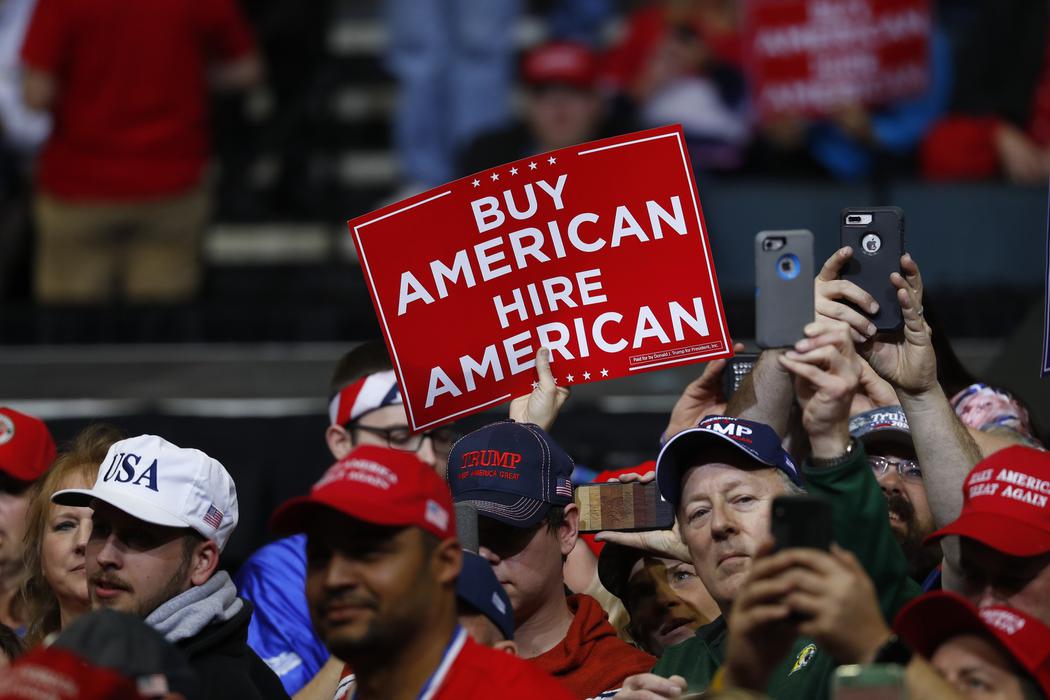
Ma Xue, Associate Fellow, Institute of American Studies, China Institutes of Contemporary International Relations
Oct 27, 2025
Donald Trump’s tariffs — the cornerstone of his economic agenda — are closely linked to inflation, revenues, spending and the reshoring of manufacturing. They are the key to assessing Trump’s economic impact, but they come with profound uncertainty.
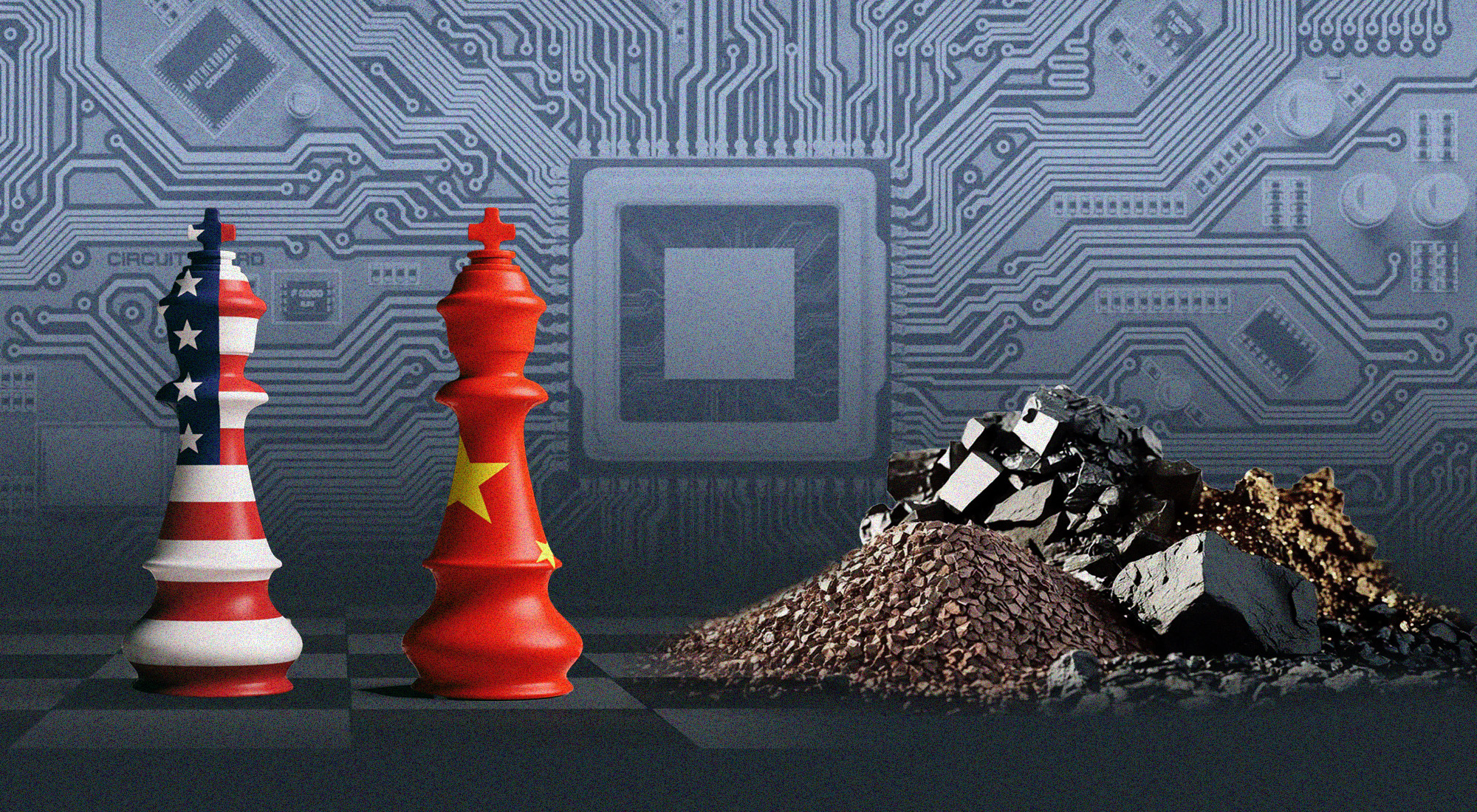
Sajjad Ashraf, Former Adjunct Professor, National University of Singapore
Oct 17, 2025
China’s new rare-earth export controls have turned its dominance in the sector into a powerful strategic tool, extending restrictions to technology, equipment, and expertise that tighten global dependence. The move has intensified tensions with the United States and its allies, highlighting how control over critical minerals now defines the balance of economic and geopolitical power.

Christopher A. McNally, Professor of Political Economy, Chaminade University
Oct 10, 2025
After months of escalating tariffs and retaliatory measures, China and the United States have reached a fragile truce that has begun to stabilize their trade and technology relationship. While tensions over chips, rare earths, and agricultural exports persist, both sides now recognize their mutual vulnerability, creating a cautious but potentially durable détente rooted in economic deterrence rather than dominance.
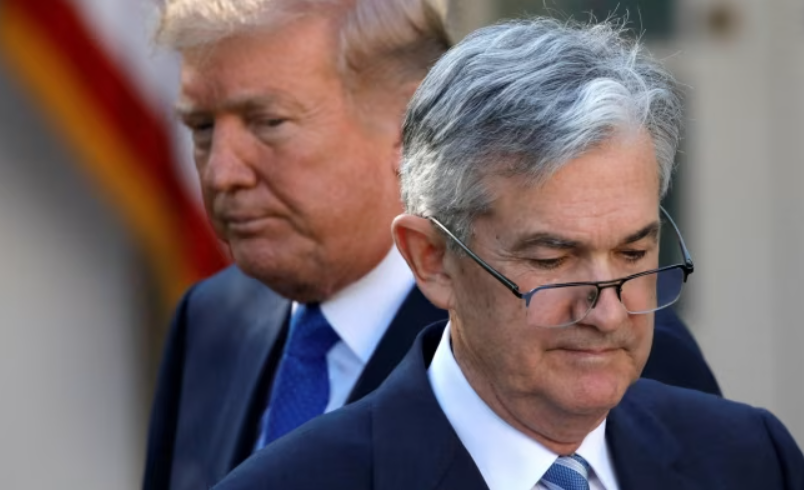
Han Liqun, Researcher, China Institutes of Contemporary International Relations
Oct 09, 2025
The unusual movements of U.S. Treasuries and the dollar reflect not only a global reassessment but also questions about America’s national power and international standing. The dollar’s hegemony may soon face a critical turning point.

He Weiwen, Senior Fellow, Center for China and Globalization, CCG
Oct 09, 2025
China’s decision to forgo special rights in the WTO shows that it takes its great power responsibility seriously. It wants to advance trade cooperation with developed economies and with Global South. A trade upturn with the United States in 2026 is much anticipated.

Zhang Monan, Deputy Director of Institute of American and European Studies, CCIEE
Oct 08, 2025
Beijing’s announcement regarding future World Trade Organization negotiations is strategic. It represents both a willingness to promote WTO reform and an institutional adjustment to support high-quality domestic development and opening-up to the world.
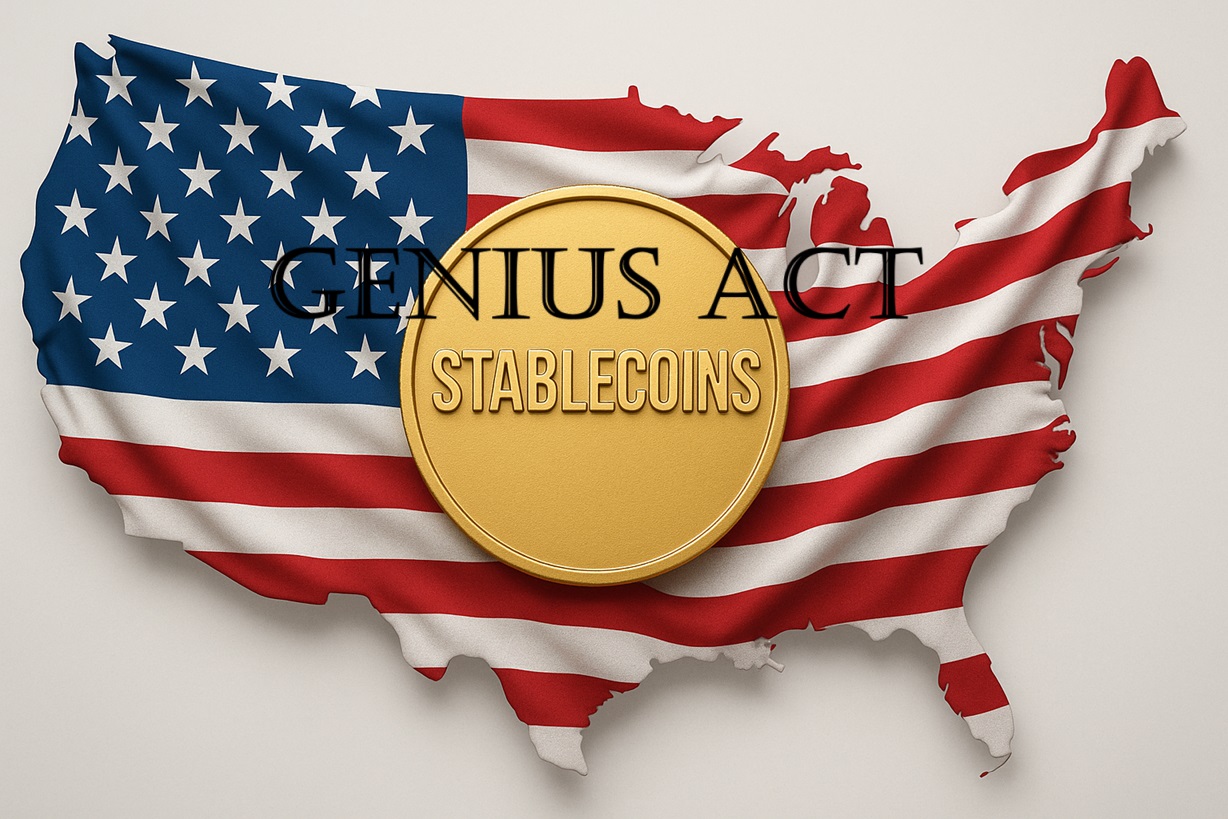
Yu Xiang, Senior Fellow, China Construction Bank Research Institute
Oct 02, 2025
Both the U.S. and China share an interest in preventing illicit finance, strengthening cybersecurity and ensuring global stability. What happens next will depend less on technology than on values and governance.
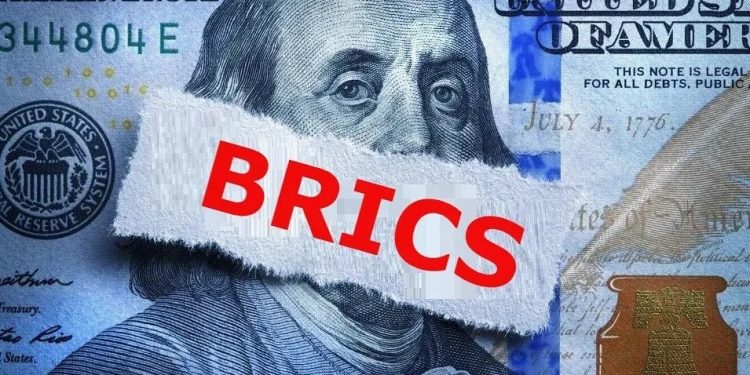
Wang Youming, Senior Research Fellow of BRICS Economic Think Tank, Tsinghua University
Sep 29, 2025
Given the profound changes in the international order and governance system, the diversification of international finance is an inevitable trend. Demand for an alternative global currency is becoming increasingly urgent.
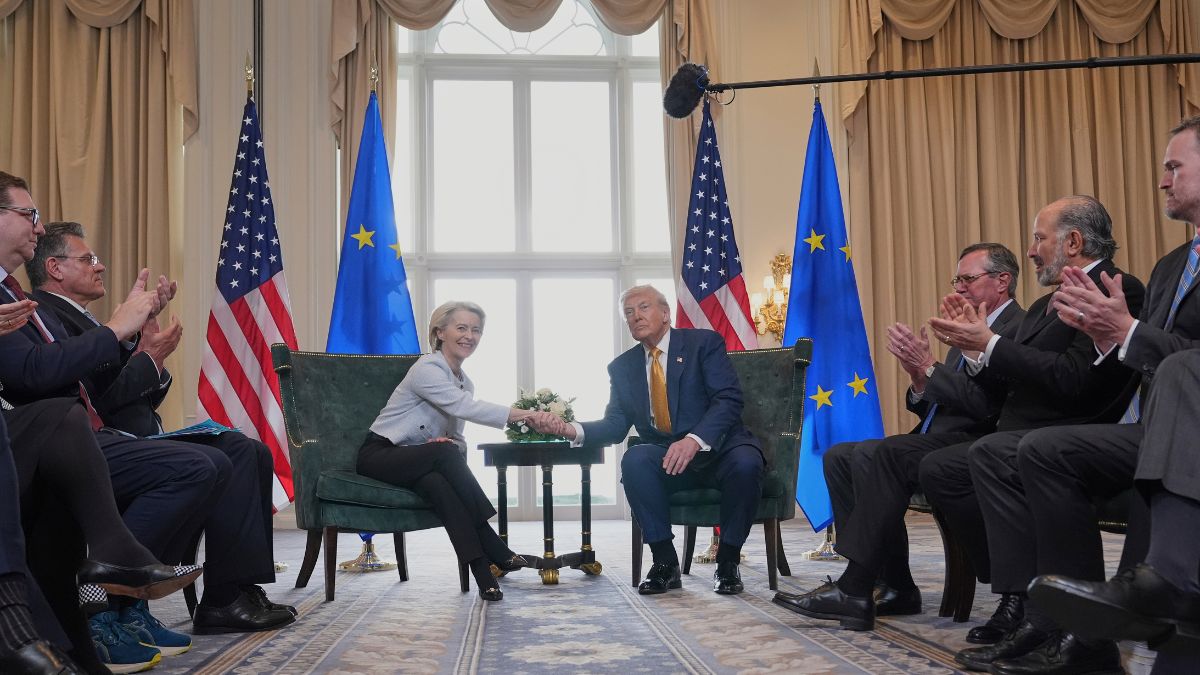
Zhang Monan, Deputy Director of Institute of American and European Studies, CCIEE
Sep 19, 2025
The U.S. president has upended the traditional liberal international order, recalibrated relations with allies and is poised to exert a profound influence on the global strategic landscape through transactional alliances.
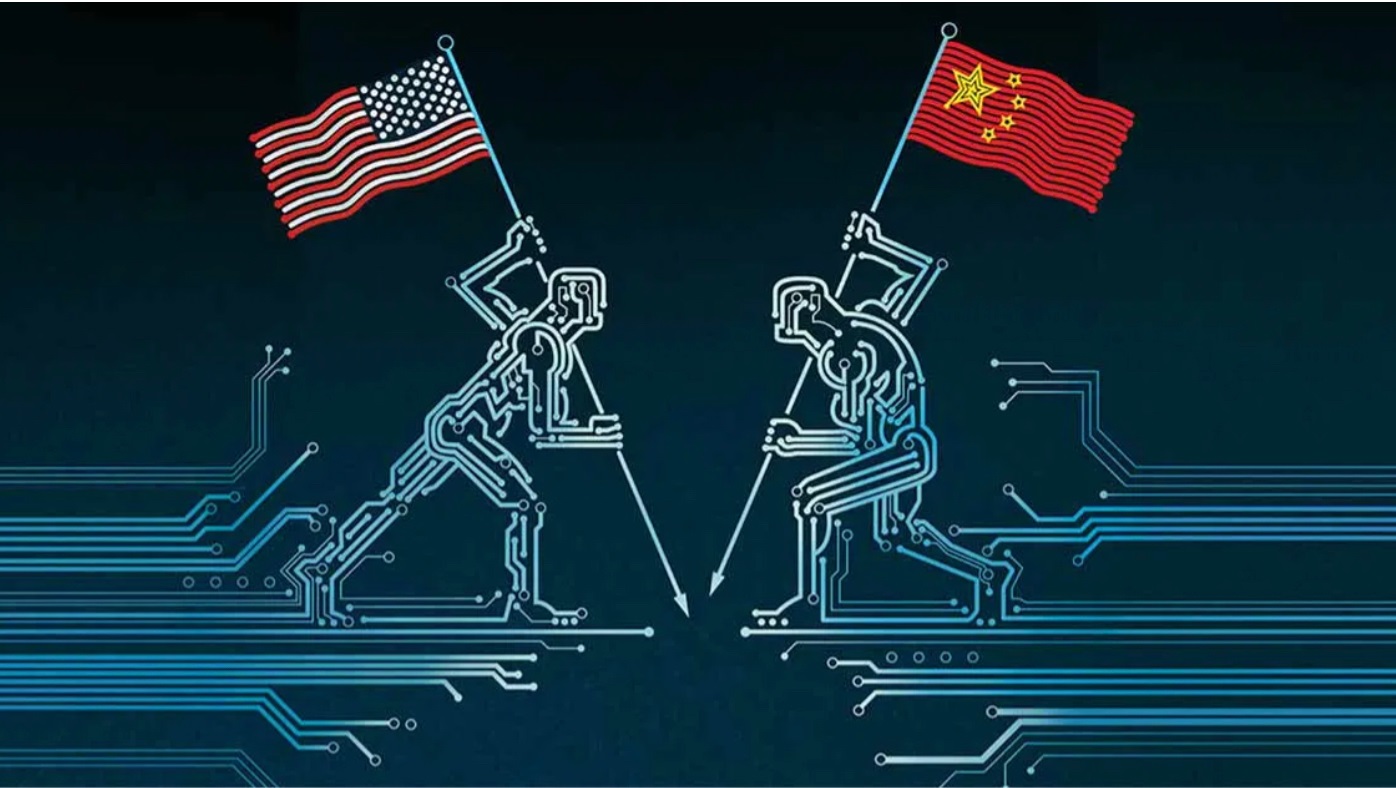
Christopher A. McNally, Professor of Political Economy, Chaminade University
Sep 19, 2025
The U.S. and China are locked in a new “Battle for the Commanding Heights,” centered not on ideology but on control of critical technologies such as chips, AI, and robotics. While the United States retains major advantages, China’s hybrid model of state guidance and private entrepreneurship gives it powerful momentum, and America risks losing its edge if it underinvests or misreads the competition.
Back to Top

- China-US Focus builds trust and understanding between the U.S. and China through open dialogue among thought leaders.
- Our Offerings
- Topics
- Videos
- Podcasts
- Columnists
- Research Reports
- Focus Digest
- Stay Connected
-
Thanks for signing up!
- Get the latest stories from China-US Focus weekly.